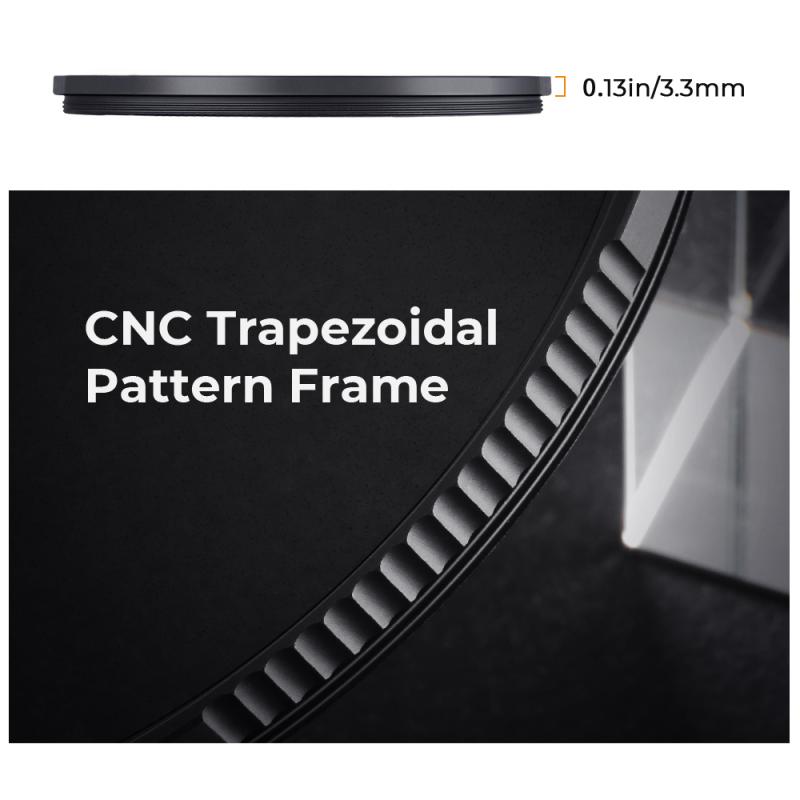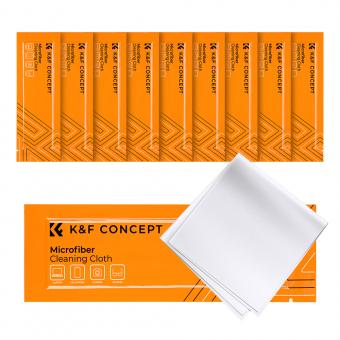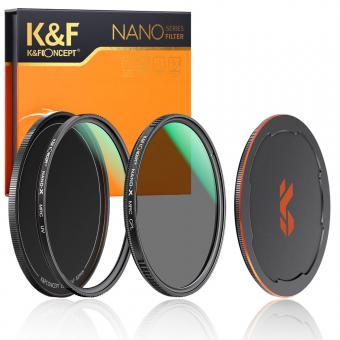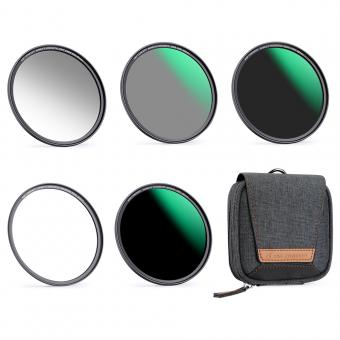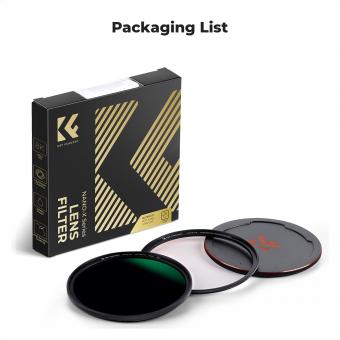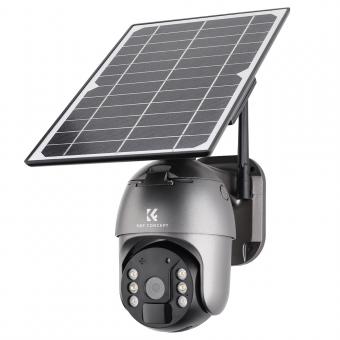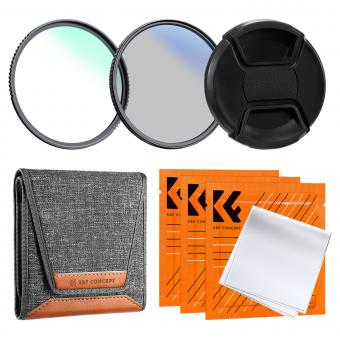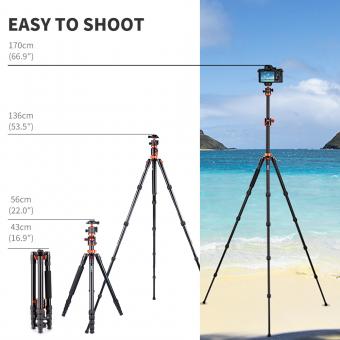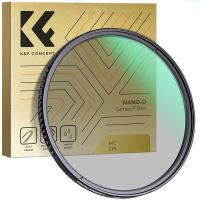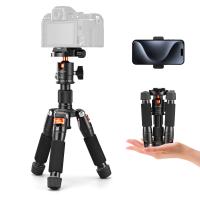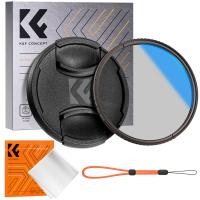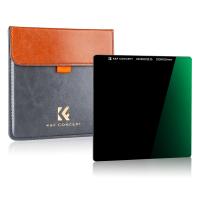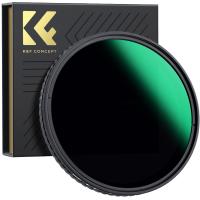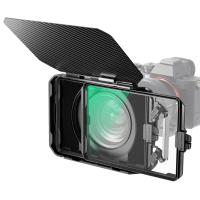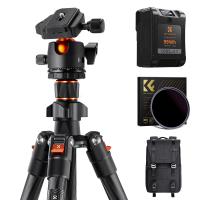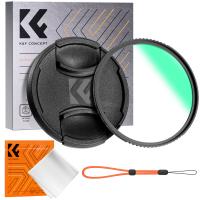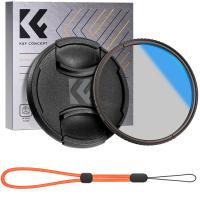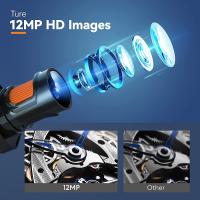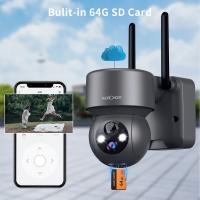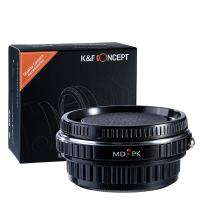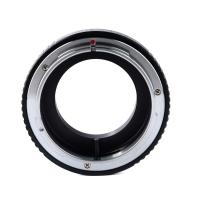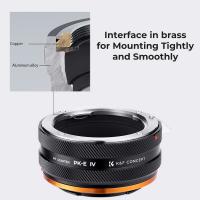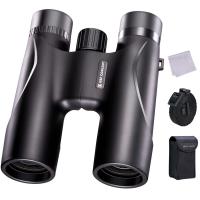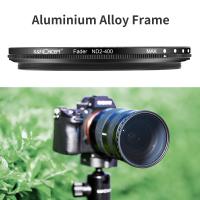Can You Use A Uv Filter For Portraits ?
Yes, a UV filter can be used for portraits. However, it is important to note that the primary purpose of a UV filter is to block ultraviolet light, which can cause hazy and blurry images. It does not significantly affect the color or contrast of the image.
For portrait photography, it is more common to use a polarizing filter or a neutral density filter to control the amount of light entering the lens and to enhance the colors and contrast of the image. These filters can also help to reduce glare and reflections, which can be particularly useful when photographing people outdoors or in bright light conditions.
Ultimately, the choice of filter will depend on the specific needs of the photographer and the conditions in which they are shooting.
1、 UV filters and their purpose in photography
UV filters and their purpose in photography have been a topic of debate among photographers for years. Some photographers swear by them, while others believe they are unnecessary. UV filters were originally designed to block ultraviolet light, which can cause a blueish haze in photographs taken in bright sunlight. However, with modern digital cameras, this is no longer a significant issue.
When it comes to using a UV filter for portraits, the answer is yes, you can use a UV filter. However, it is not necessary. UV filters do not affect the quality of the image in any significant way, and they do not provide any additional protection for the lens. In fact, some photographers argue that using a UV filter can actually degrade the quality of the image by introducing additional reflections and reducing contrast.
The latest point of view on UV filters is that they are not necessary for most photography situations. However, there are some situations where a UV filter may be useful, such as when shooting in dusty or sandy environments where the lens may be exposed to debris. In these situations, a UV filter can provide some protection for the lens.
In conclusion, while UV filters were once a necessary accessory for photographers, they are no longer essential in most situations. If you do choose to use a UV filter, make sure to invest in a high-quality filter to avoid any negative impact on image quality.
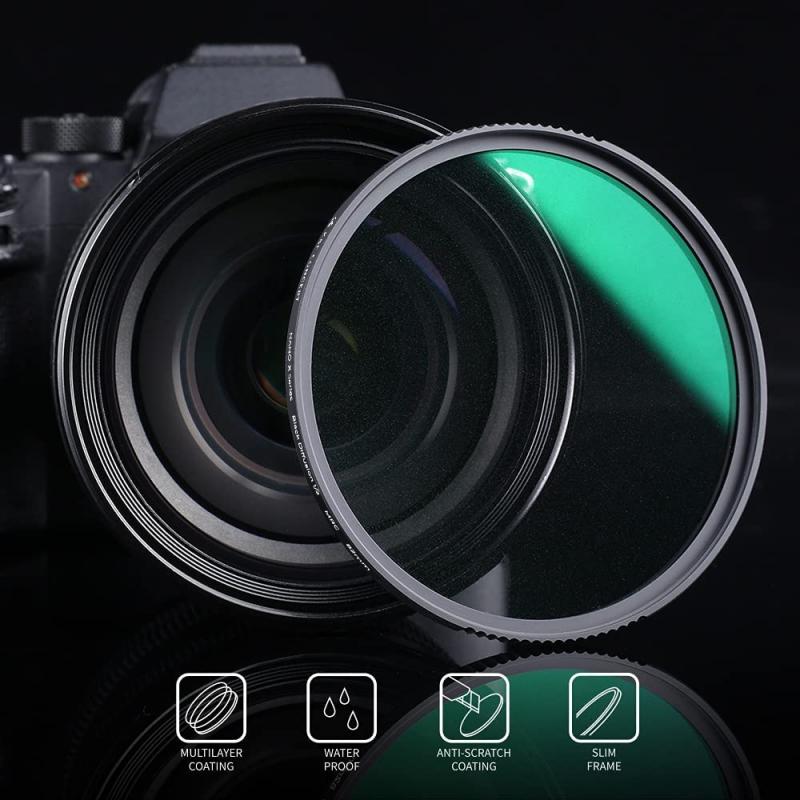
2、 Pros and cons of using UV filters for portraits
Can you use a UV filter for portraits? Yes, you can use a UV filter for portraits, but it is not necessary. UV filters were originally designed to block ultraviolet light, which can cause a blueish haze in photographs taken in bright sunlight. However, modern digital cameras have built-in UV filters, so using an additional UV filter may not make a significant difference in the final image.
There are some pros and cons to using UV filters for portraits. One advantage is that they can protect the lens from scratches, dust, and other damage. They can also reduce the amount of glare and reflections in the image, which can be helpful when shooting outdoors. However, UV filters can also reduce the amount of light that reaches the sensor, which can result in slightly darker images. They can also introduce additional lens flare and reduce the overall sharpness of the image.
In recent years, there has been some debate about the use of UV filters for digital photography. Some photographers argue that they are unnecessary and can actually degrade image quality. Others believe that they are still useful for protecting the lens and reducing glare. Ultimately, the decision to use a UV filter for portraits is a personal one and depends on the photographer's preferences and shooting conditions.
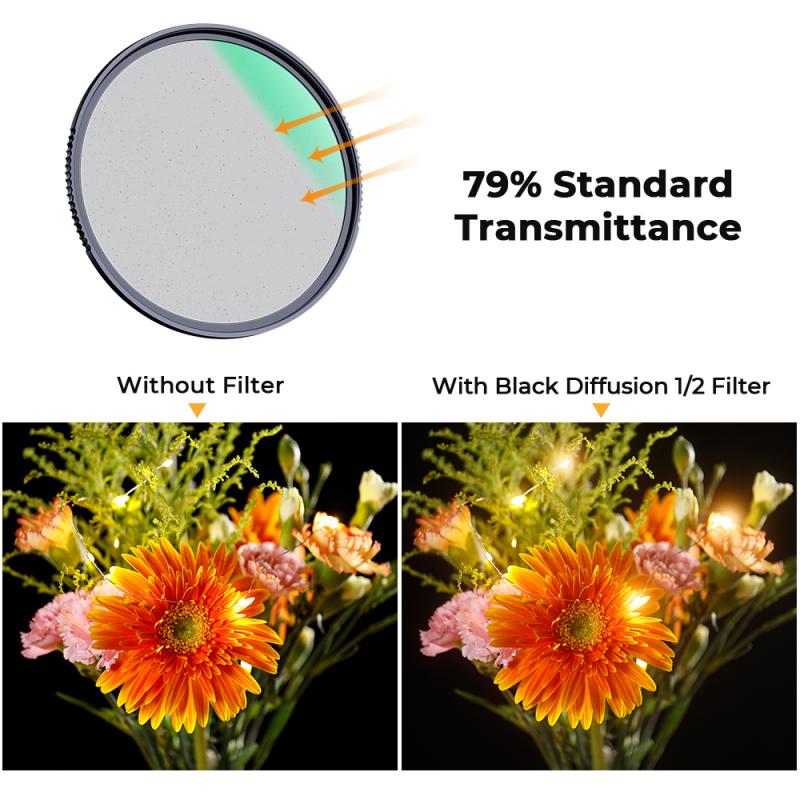
3、 Impact of UV filters on image quality and sharpness
Can you use a UV filter for portraits? Yes, you can use a UV filter for portraits, but it is not necessary. UV filters were originally designed to block ultraviolet light, which can cause a blueish haze in outdoor photos. However, modern digital cameras have built-in UV filters, making the use of an additional filter unnecessary.
In fact, using a UV filter can have a negative impact on image quality and sharpness. The additional layer of glass can cause reflections and reduce contrast, resulting in a loss of detail and clarity in the image. Additionally, cheap or low-quality UV filters can introduce color casts or distortions, further degrading the image quality.
Some photographers still choose to use UV filters for added protection of their lenses, but it is important to invest in high-quality filters to minimize any negative impact on image quality. It is also important to note that UV filters do not provide any protection against physical damage to the lens, such as scratches or impacts.
In summary, while it is possible to use a UV filter for portraits, it is not necessary and can potentially harm image quality and sharpness. It is important to invest in high-quality filters if choosing to use them for added lens protection.
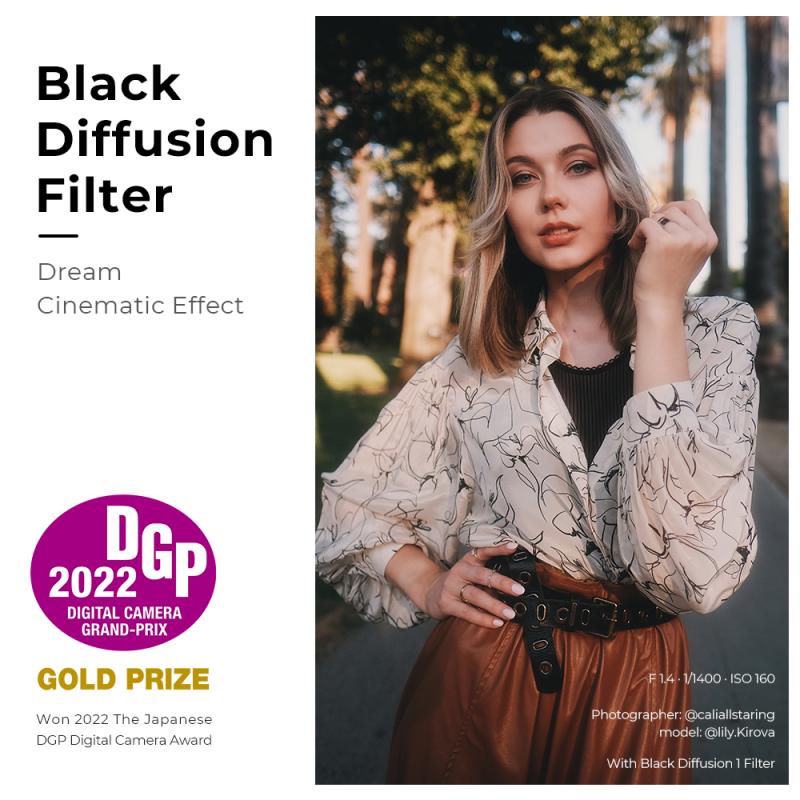
4、 Alternatives to UV filters for portrait photography
Can you use a UV filter for portraits?
Yes, you can use a UV filter for portraits, but it is not necessary. UV filters were originally designed to block ultraviolet light, which can cause a blueish haze in photographs taken in bright sunlight. However, modern digital cameras have built-in UV filters, so using an additional UV filter is not essential.
In fact, using a UV filter can sometimes have a negative impact on image quality. It can introduce unwanted reflections and reduce contrast, resulting in a softer image. Additionally, UV filters can be expensive and may not be worth the investment for portrait photography.
Alternatives to UV filters for portrait photography
Instead of using a UV filter, there are other ways to improve the quality of your portrait photographs. One option is to use a polarizing filter, which can reduce glare and reflections, and enhance color saturation. Another option is to use a neutral density filter, which can help you achieve a shallow depth of field in bright sunlight.
Ultimately, the best way to improve your portrait photography is to focus on lighting, composition, and posing. By mastering these elements, you can create stunning portraits without relying on expensive filters.
